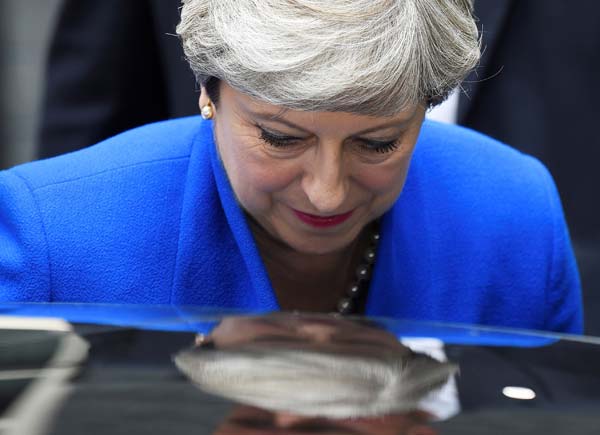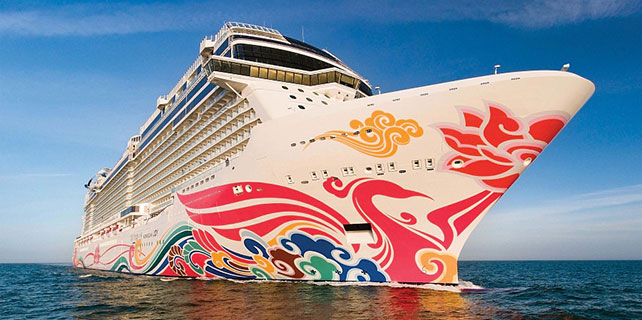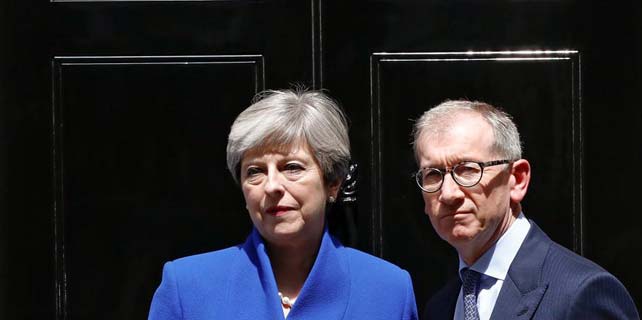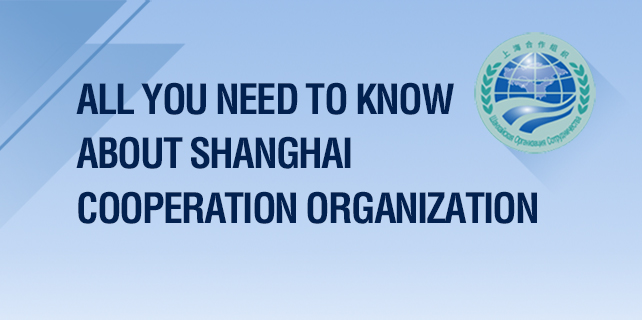Britain faces confusion, uncertainty with hung parliament
British voters have added further confusion to the uncertainty confronting the UK's international partners, who have spent the past year trying to work out the consequences of the same electorate's decision to quit the European Union.
|
 |
|
Britain's Prime Minister Theresa May leaves 10 Downing Street to travel to Buckingham Palace to ask the Queen's permission to form a minority government, in London, June 9, 2017. [Photo/Agencies] |
In a snap election called by Prime Minister Theresa May to endorse her mandate for a "strong and stable" stance in negotiations on Britain's withdrawal from the 28-member EU, voters denied her ruling Conservative Party an overall majority in the British Parliament. The Conservatives won 42 percent of the vote to Labour's 40 percent.
What now looks like an ill-advised gamble to increase her parliamentary majority - the snap election was called on her initiative - leaves May in office but seriously weakened. After meeting the Queen on Friday, May said she would form a government that would work with the Democratic Unionist Party and its ten MPs. The prime minister has barely a week before she is due to embark on talks on the terms of Britain's EU withdrawal.

May fought the election on a "Brexit" agenda, promising to take a tough line on maintaining Britain's rights in future relations with its European neighbors. Her Brexit promises, criticized for being thin on detail, were twinned with a pledge to tighten Britain's trade relationship with non-European partners such as China, India and the US.
In the event, the election result appears to have been driven more by domestic issues - taxation, welfare and pensions - than it was by the Brexit issue.
Promises by the main opposition Labour Party to boost public spending, tax corporations and renationalize some sectors of the privatized economy appear to have boosted its support among people who had voted both for and against EU membership in last year's referendum.
Jeremy Corbyn, a left-wing Labour leader who had looked unelectable as prime minister a year ago, delivered one of the party's best ever results in a general election in terms of the percentage vote.
Corbyn remains in opposition despite Labour gains in Thursday's poll but his party may be able to count on tactical support from Liberal Democrats, Scottish Nationalists and others to constrain the weakened Conservative government.
All of the Liberal parliamentarians, many from the Labour Party, and a substantial wing of the Conservative Party campaigned against withdrawal from the EU last year, although a majority of MPs subsequently gave the formal go-ahead for Britain's departure.
The result will almost certainly not reverse the consequences of last year's referendum but it may temper May's threat of a "hard Brexit" if Britain fails to reach a satisfactory deal with the EU.
A year on, the UK's trading partners are still assessing the impact of the referendum on its relations with the world's sixth largest economy.
Harvey Morris is a senior media consultant for China Daily: contact him on harvey.morris@gmail.com






















